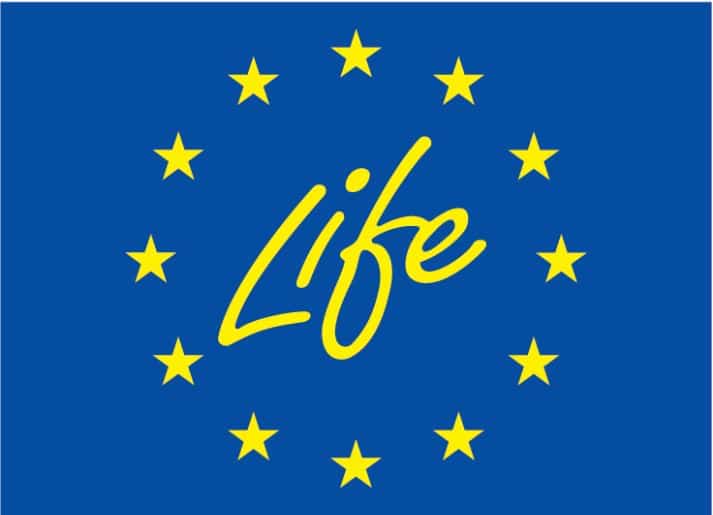Building the capacity of developing countries to implement climate policies: the case of carbon pricing
This is the third installment of the Topic of the Month: Building capacity for a sustainable, secure and affordable world
The objectives of the Paris Agreement require that all countries, be they advanced economies (AEs) or emerging markets and developing economies (EMDEs), step up their efforts on climate policies. Despite the increasing number of commitments in favour of net zero emissions, implementing action still needs to be improved. Many EMDEs, although committed to the goals of the Paris Agreement, face specific challenges in scaling up their climate policies effectively.
Capacity building in the framework of the United Nations
The new climate finance target was set at USD 300 billion annually by 2035 at COP29 is expected to drive changes, although this is much lower that what was expected from EMDEs. Strengthening the technical and institutional capacity of EMDEs to develop and implement ambitious climate policies is one means to tackle the lack of implementing actions. In fact, the COP29 decision on climate finance calls upon all Parties that provide climate finance in particular by enhancing “sustained demand-led capacity-building, technical assistance and readiness programmes.” Addressing this challenge will be crucial for the success of the Paris Agreement and the enhanced Nationally Determined Contributions 3.0. Recent EU climate policy successes (the EU ETS will celebrate its 20th anniversary in 2025), can provide valuable lessons on what works and what might need improvement.
Several frameworks to address the capacity-building needs are already in place, provided through bilateral and multilateral efforts within and outside the United Nations Framework Convention on Climate Change (UNFCCC). The UNFCCC Secretariat’s website describes how this challenge has been tackled globally through the UNFCCC, the Paris Agreement and the Kyoto Protocol. Article 11 of the Paris Agreement defines the goals, guiding principles and procedural obligations for all Parties to enhance capacity building. In addition, Article 12 outlines the importance of climate change education, training, public awareness, participation and access to information. The COP21 also established the Paris Committee on capacity building as a constituted body to address capacity-building needs and gaps.
International cooperation to build capacity on carbon pricing
To complement the efforts of the UNFCCC, international platforms and initiatives also put some effort into capacity building. Yet EMDE policymakers and stakeholders require additional resources and training to enhance their acting capacity.
The findings of our recent policy brief on carbon pricing illustrate that numerous UN- and country-led initiatives in favour of carbon pricing exist. Despite the many commitments, domestic implementation of carbon pricing for many EMDEs, such as emissions trading systems (ETSs) and carbon taxes, is still limited.
Globally, EMDEs account for 39% of the number of carbon prices in force but more than 86% of the population and 75% of the greenhouse gas emissions. We highlight that EMDEs face a capacity gap not sufficiently addressed by international initiatives.
To bridge this gap, more coordination and international cooperation are essential. Many EMDEs could benefit from structured support to advance their carbon pricing frameworks. The task forces on carbon pricing recently established by the European Commission and by the WTO, IMF, the World Bank, UNCTAD and OECD are a step in the right direction.
Similarly, a recent publication of the latter Task Force on Climate Action, Carbon Pricing, and Policy Spillovers emphasises how international organisations can support the global endeavour in favour of climate action and carbon pricing. It acknowledges that coordination and capacity building can help implement climate policies in countries with limited resources and institutional capacity.
The Florence School of Regulation (FSR) has a crucial role in building capacity and disseminating the EU’s experience with climate policies and carbon pricing through targeted training programmes and policy-oriented initiatives. Additionally, FSR initiated different programmes like FSR Global and the African School of Regulation to develop research, knowledge sharing and training in EMDEs.







